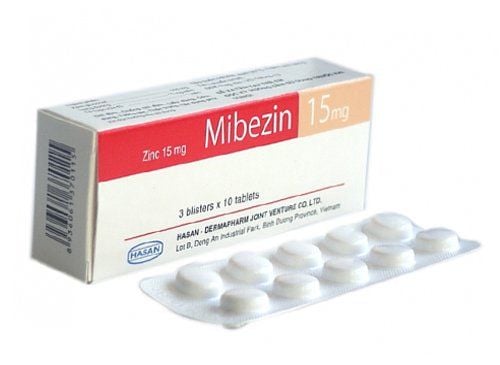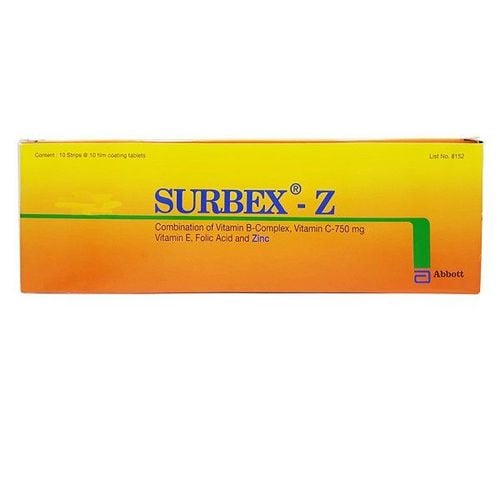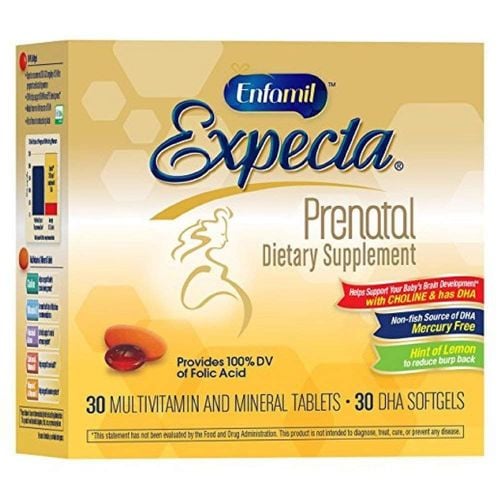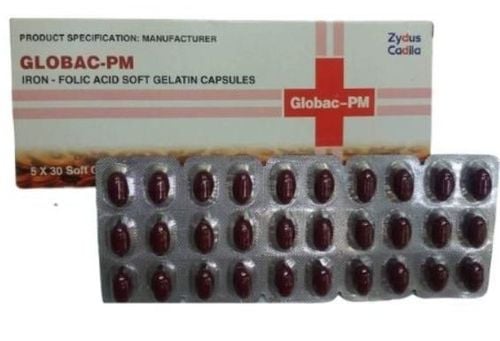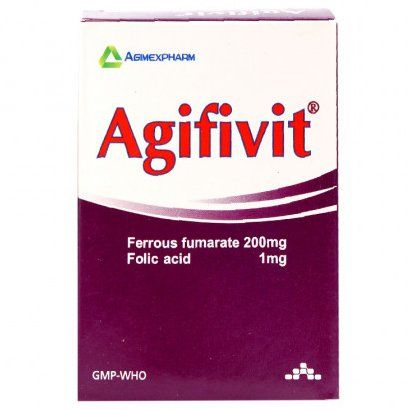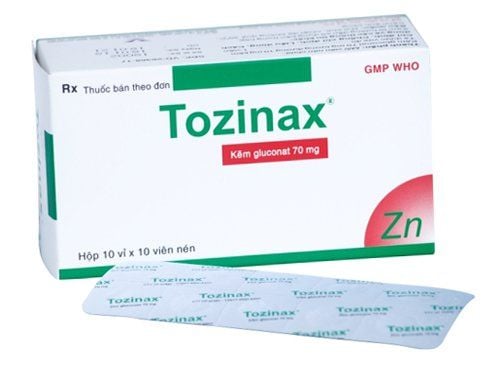This is an automatically translated article.
Today, the use of synthetic vitamins and minerals such as Mibezin is becoming more and more popular, many people believe that they can help improve health and strengthen immunity. However, are these statements really true? Let's find out information about Mibezin 15mg drug through the article below.
1. What is Mibezin?
Mibezin drug is used to supplement zinc for the body when the diet cannot meet enough or used in the treatment of zinc deficiency diseases.
On the market, there are two types of Mibezin content, including:
Mibezin 10mg with the main ingredient is 70mg of zinc gluconate (equivalent to 10mg of elemental zinc) and some excipients such as: Lactose, croscarmellose sodium, Microcrystallin cellulose, Povidon, Aerosil, Magnesium stearate, Corn Starch. Mibezin 15mg drug with the main ingredient is 105 mg of zinc gluconate (equivalent to 15 mg of elemental zinc) and some excipients such as: Lactose, Microcrystallin cellulose, Sodium croscarmellose, Povidon, Corn starch, Aerosil, Magnesium stearate. Both types are prepared in the form of tablets and packed in the specification of each box of 3 blisters, each blister of 10 pills.
2. What is the zinc gluconate in Mibezin?
Zinc gluconate is the zinc salt of gluconic acid - an ionic compound consisting of a zinc cation and a gluconate anion. Zinc gluconate has a long shelf life due to its industrial production through glucose fermentation.
Zinc salts used for zinc supplements generally contain cadmium as an ingredient, but cadmium can lead to kidney failure, so zinc gluconate is a better choice as it contains the lowest amount of cadmium among them. other zinc supplements.
3. Uses and dosages of Mibezin 10mg and 15mg
Mibezin is indicated for the treatment of the following cases:
Treatment of diarrhea when combined with rehydration solution and oresol electrolyte, especially for children from 2 months to 5 years old. Treatment of zinc deficiency in the following cases: malnutrition, weakness, digestive disorders, recurrent infections; skin lesions: slow wound healing, dry skin, enteric dermatitis, horny skin, easy allergies, eczema, nail dystrophy. Combined with Vitamin A to treat perennial acne, corneal ulcers, night blindness, dry eyes. Use Mibezin to supplement zinc for the following subjects: rickets, growth retardation; pregnant women and nursing mothers who have an unbalanced diet or diet; Men over 40 years old to avoid the risk of prostate enlargement.
The specific dose of Mibezin will depend on your condition, age and progression of the disease. Consult your doctor or healthcare professional for the best dose for your situation.
4. Side effects of Mibezin 15mg and 10mg
Common side effects of Mibezin on the digestive system such as: Abdominal pain, upset stomach, slow digestion, nausea, vomiting, diarrhea. To relieve these symptoms, take Mibezin with food.
Side effects with blood: Prolonged use of zinc can cause iron deficiency anemia, neutropenia. Impedes the body's ability to absorb copper, potentially leading to a deficiency of this important mineral over time.
Using more than 40 mg of elemental zinc per day can cause flu-like symptoms such as fever, cough, headache and fatigue.
Furthermore, zinc salts have been shown to interfere with the absorption of some antibiotics, reducing their effectiveness if taken at the same time. If you experience any negative side effects after taking zinc supplements, reduce the dosage. Consider consulting a healthcare professional if symptoms persist.
5. Use Mibezin safely and effectively
To ensure safety and effectiveness, as well as improve your health when using Mibezin, you need to strictly follow the instructions of your doctor or pharmacist.
Supplementing with 15–30 mg of elemental zinc daily improves immunity, blood sugar and eye, skin and heart health.
The tolerable upper intake level of zinc is 40 mg daily for adults, 4–7 mg daily for infants, 7–23 mg daily for children, and 23–34 mg daily for teenagers. The upper limit of 40 mg of zinc per day should not be exceeded without medical supervision.
The overdose of zinc can cause:
Acute toxicity occurs after taking the drug with symptoms such as: Nausea, vomiting, fever, respiratory failure. Impaired immune function and anemia if large doses of zinc are taken for a long time. Symptoms of jaundice (yellowing of the eyes or skin), hypotension (dizziness, fainting), erosion and inflammation of the mucous membranes of the mouth and stomach, peptic ulcers, pulmonary edema (chest pain, or difficulty breathing) are also present. reported. If the above symptoms are encountered, do not induce vomiting or gastric lavage. Anti-inflammatory agents such as milk, activated charcoal, alkaline carbonates and chelating agents should be used.
If you forget to take a dose of Mibezin, take it as soon as you remember. However, if it is too close to your next dose, skip that dose and take your next dose as usual. Do not take twice the prescribed dose.
In summary, synthetic vitamins and minerals can bring many benefits to the body, but they also always come with side effects. To be able to use the drug safely and effectively, it is best to consult a professional.
Please dial HOTLINE for more information or register for an appointment HERE. Download MyVinmec app to make appointments faster and to manage your bookings easily.




